|
Step back over 160 years in time at the beautiful Historic Bowens Mills. Once a thriving community, farmers brought their grain here to the 1854 grist mill to be milled into flour and meal. Visit the antique apple cider press that sits ready for another fall apple season.
Located in the western portion of Michigan, almost exactly halfway between Kalamazoo and Grand Rapids, Historic Bowens Mills is in the Yankee Springs area of Gun Lake. Today, it is a second generation family-owned and operated Michigan state historic site whose mission is to preserve this 19 acre historical park and the history of Yankee Springs Township and Barry County for future generations to learn from and enjoy.
A settlement first started here in the mid-1830's when a land speculator by the name of Montermer Martin purchased the plot of land from the government. In those early days of Barry County, a sawmill was need for the area to grow so the Payne family built the first dam and sawmill where the two creeks joined just north of the lake. The mill was powered by a water wheel with a four foot fall and soon they were sawing around a thousand feet of lumber a day.
Just a couple of years later, a lawyer named Barlow purchased some of the land which included the sawmill. He saw the potential for more water power about a half mile or so up the creek and decided to relocate the mill to its present location. He reused much of the original timbers in the building of the new mill. He built a wooden dam across the creek, backing the water up 14 feet and in the process created the Mill Pond. He also flooded two smaller ponds in order to create a larger lake that is named, Barlow Lake. He built a house on the east side of the Mill Pond which is where he lived, held court and took care of legal matters.
The sawmill changed hands a couple of more times before Edwin Bowen moved from Ohio and purchased it in 1864. He and his son William soon added a grist mill with three levels to the operation. Up until this point, the area had been known as Gun Lake but sometime around 1870 the mill and the surrounding area became known as “Bowens Mills” in honor of its leading citizen.
Edwin Bowen was named Postmaster. He kept the mail in a large basket inside the family home where farmers from the surrounding country could call to pick up their letters. At the time, the mail was carried by stagecoach from Kalamazoo to Grand Rapids, and someone would meet the coach in nearby Wayland to collect the mail. Mr. Bowen later placed a wooden letter holder in the mill office where it can still be seen today.
In 1902, Mr. Bowen purchased a huge Albright Cider press and added a large room to the side of the mill to house it.
Sadly, the village never grew larger than 100 people but it had a sawmill, general store, blacksmith shop and several other businesses. Bowen and his son William operated the mill which was famous for its buckwheat flour until 1912. The business changed hands several more times and continued to be a hub of activity; grinding flour and grist, making cider and vinegar and also being used as a pickle weigh station. There was even gas pump here for a while. Unable to keep up with the newer and faster mills in neighboring communities, business began to slow down and the mill finally ceased operations in 1953 after 113 years of continual service to the Barry County community.
The next owners to purchase the property, used the acreage to grow cucumbers for making pickles. Through this time, the mill was used to house about 30 migrant workers that came each season to harvest the fields. The migrant workers brought their own cots, stove, tables and chairs and they used the pond for bathing.
In 1971, four families bought the mill. They replaced the windows and doors vandals had destroyed and did some very basic clean up. Over their 7 year span of ownership, they open the mill several times for tours. They were the ones responsible for getting the “Michigan Historical Site” designation in 1972.
The mills current owners are Carleen and Owen Sabin. It was Mrs. Sabin’s parents, Neal and Marion Cook, who purchased the mill in 1978. By this time the mill had been sitting idle for 40 years and it was their dream to see it operational again.
During this time, they began relocating local historic structures and period pieces to the property creating a small village similar to what the area had been like “back in the day”. Barry County’s oldest schoolhouse dating from 1850 now resides on the property. Inside, there is a desk with the name Ford carved into it. Although unsubstantiated, there is much speculation as to whether President Gerald Ford who grew up in nearby Grand Rapids may have carved that name in it. The 1840's plank house, complete with a rope bed, a water pump outside and farm animals out back demonstrates what typical daily life would have been like at the time.
The 1860’s 11 room Victorian farmhouse that was built by the Bowen’s has been restored and is open for touring.
The grist mill and cider mill still grinds and sells fresh cornmeal through the use of their water-powered mill stones. The absolute best time to visit is during the fall! They celebrate the month of October with Cider Sundays. During this event all of the buildings are open. They do demonstrations in the grist mill and cider mill and have many other fall activities scheduled. They also put on a wonderful Civil War Reenactment. Have live music, horse drawn wagon rides though the grounds, and serve apple dumplings at the snack bar. Historic Bowens Mills is open year around by appointment for tours. It is also available to rent for special events. Their telephone number is (269)795-7530. They can be found at both their website and Facebook pages for more information.
See an image you like? You can purchase Susan's work in The Art Gallery.
All images in the her collection are available as wall art, fine art prints, on home decor, gift items and apparel
3 Comments
Gary Osborne
4/6/2018 03:11:49 pm
Lovely set of photos and a very interesting article.
Reply
Susan Tregoning
4/6/2018 04:30:45 pm
Thank you, Gary, so glad you enjoyed it! I appreciate you taking the time to comment.
Reply
Teri Springer
9/6/2023 04:14:07 pm
A shame you skipped entirely over the last family to operate it as an actual grist mill. My son's great-great grandparents, Elam and Minnie (Norris) Springer were the last to operate it.
Reply
Your comment will be posted after it is approved.
Leave a Reply. |
AuthorI am the 8th photographer in 4 generations of my family. Back in 2006, my husband accepted a job traveling, and I jumped at the chance to go with him. Categories
All
Archives
June 2024
This website uses marketing and tracking technologies. Opting out of this will opt you out of all cookies, except for those needed to run the website. Note that some products may not work as well without tracking cookies. Opt Out of Cookies |
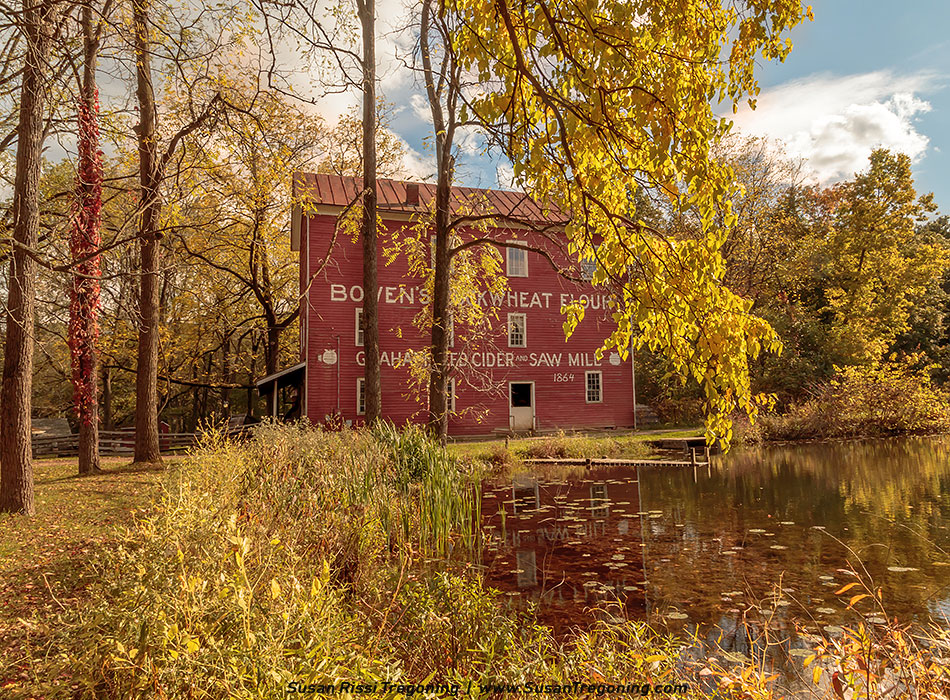
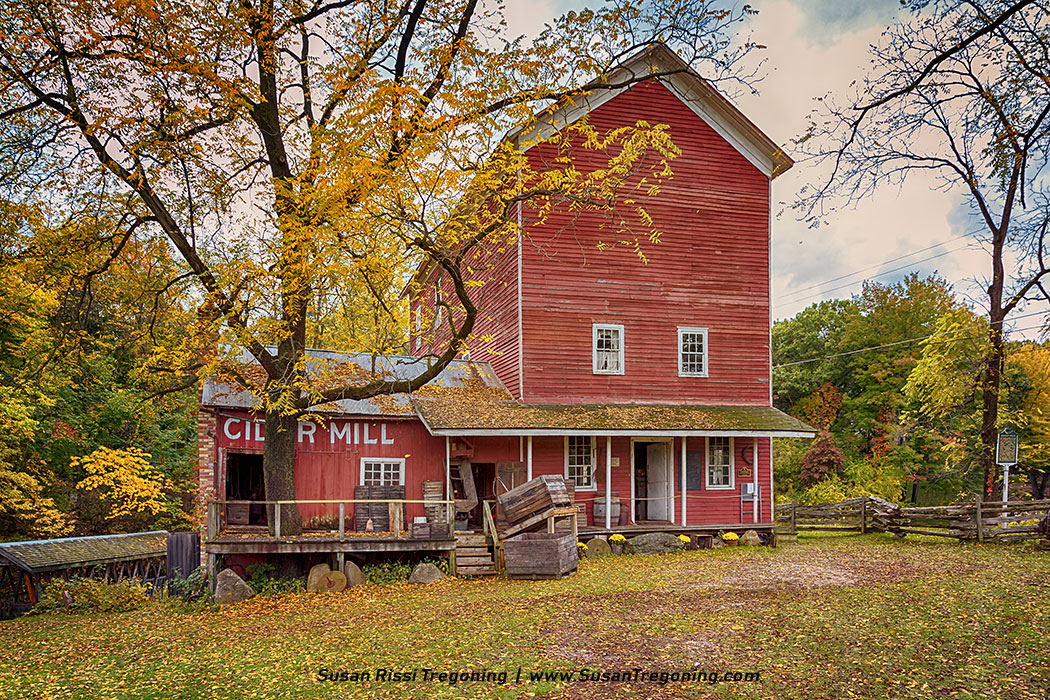
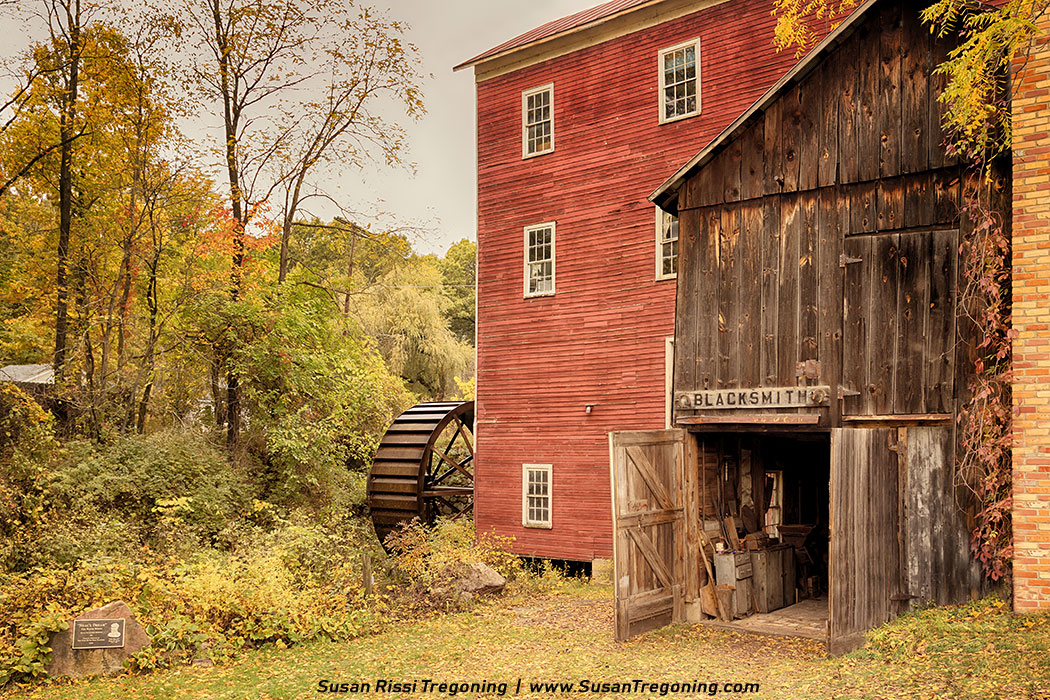
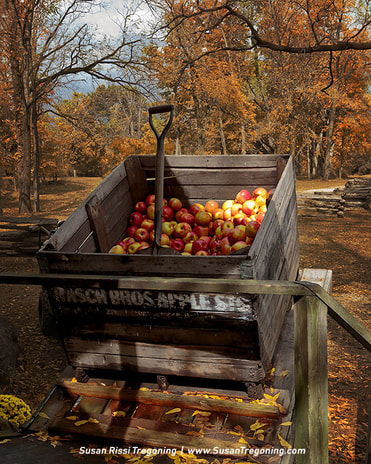
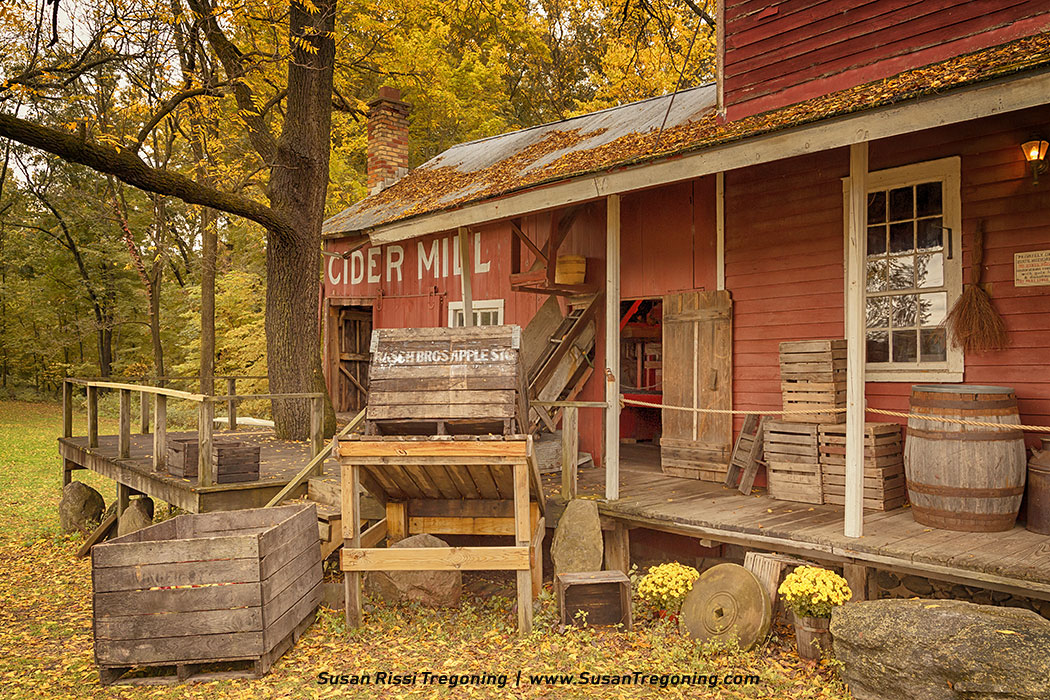
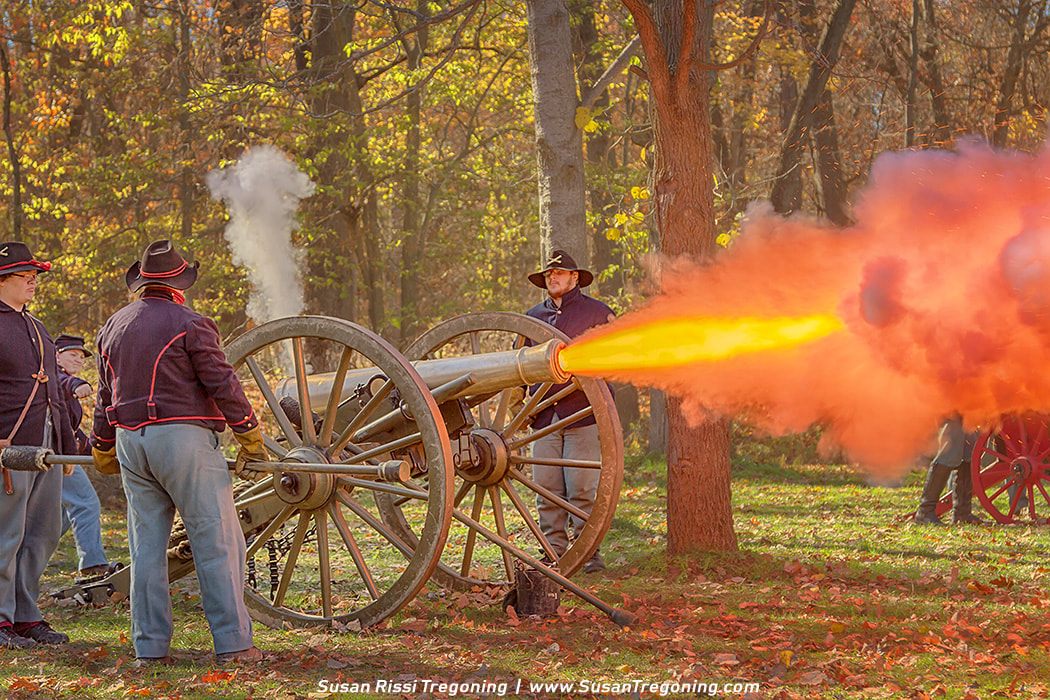
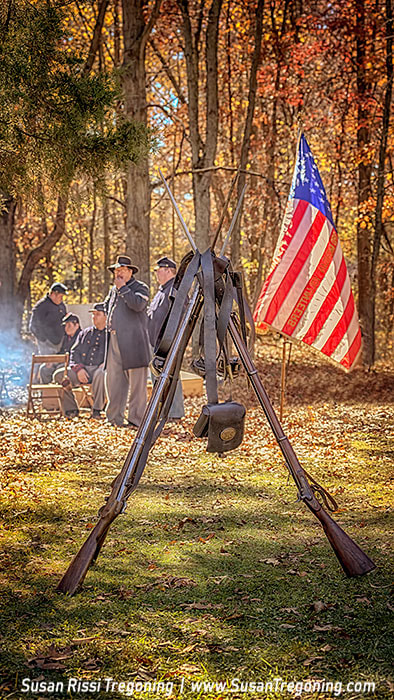


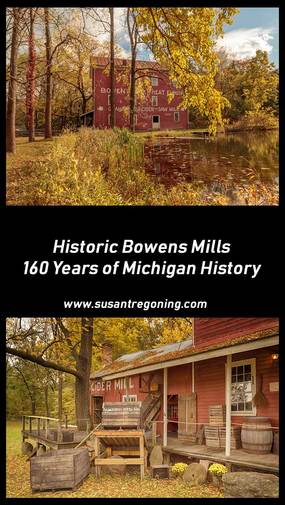
 RSS Feed
RSS Feed